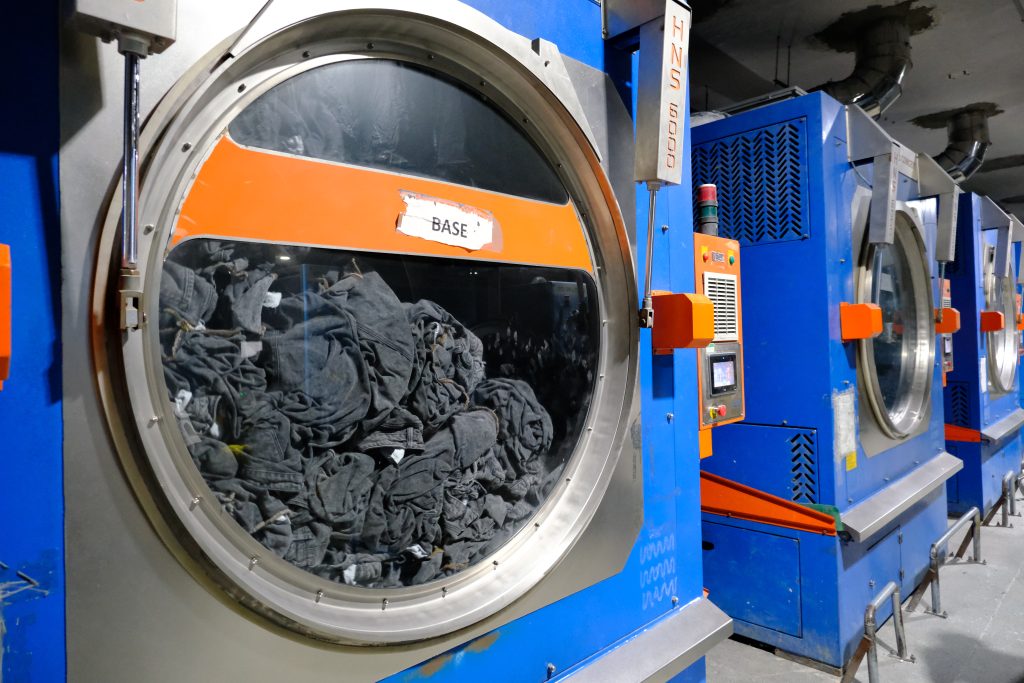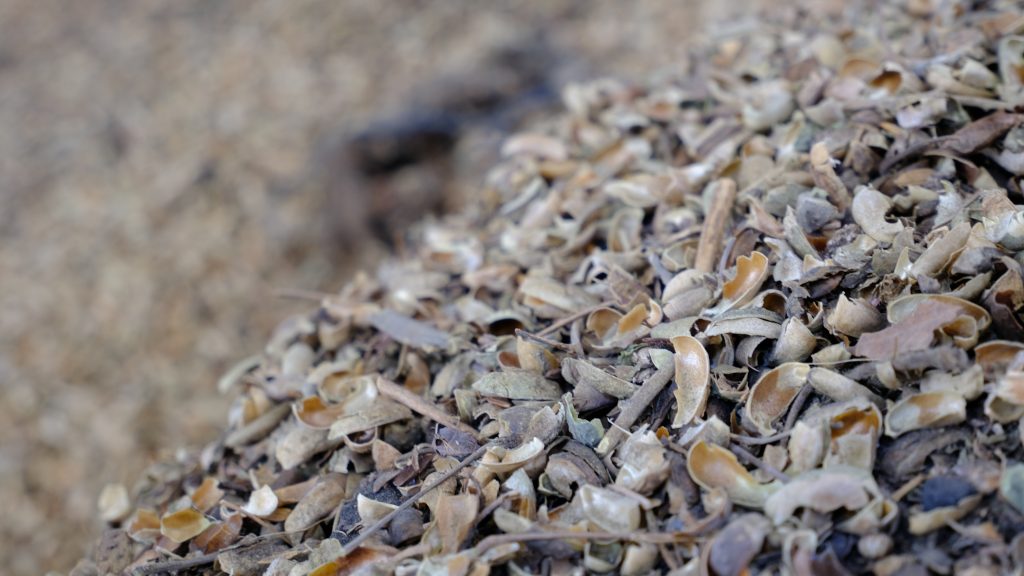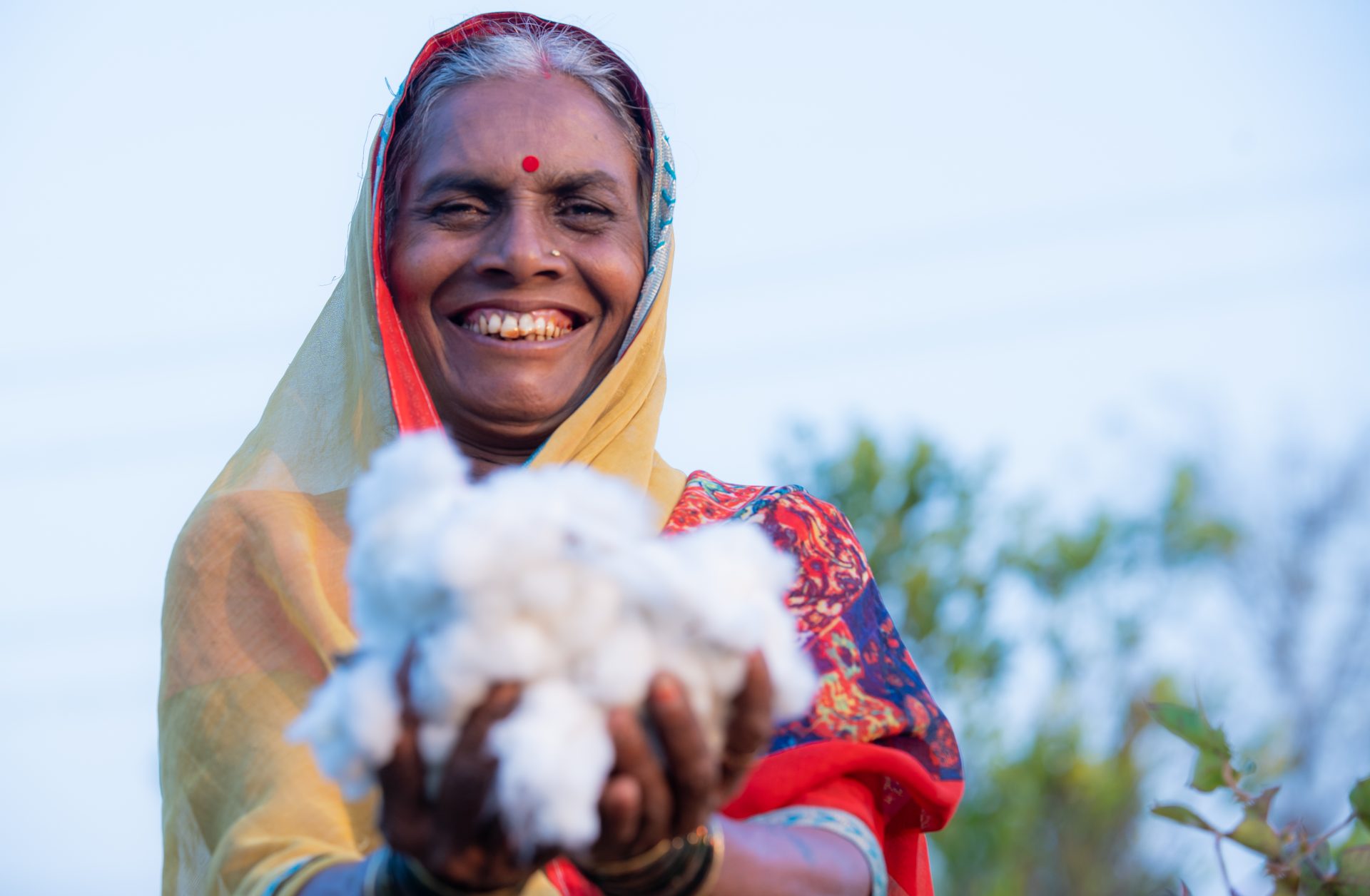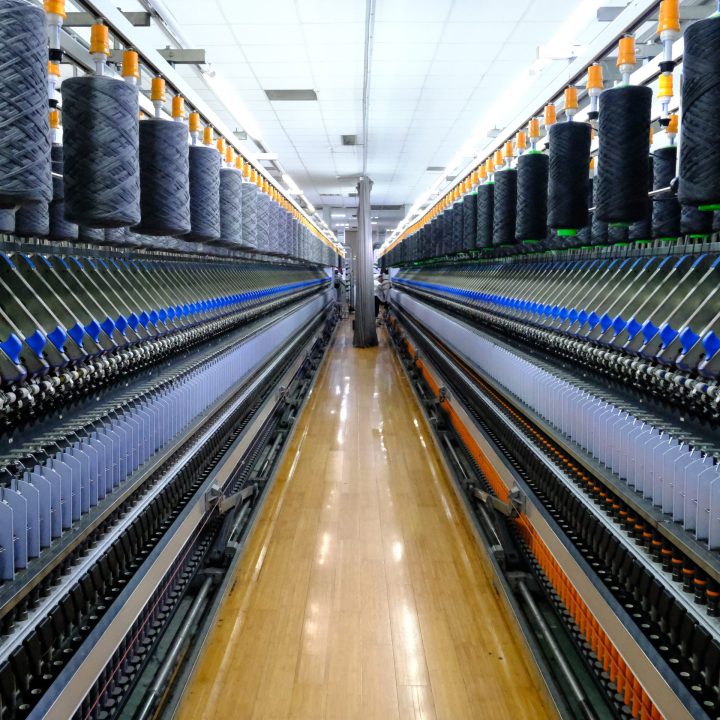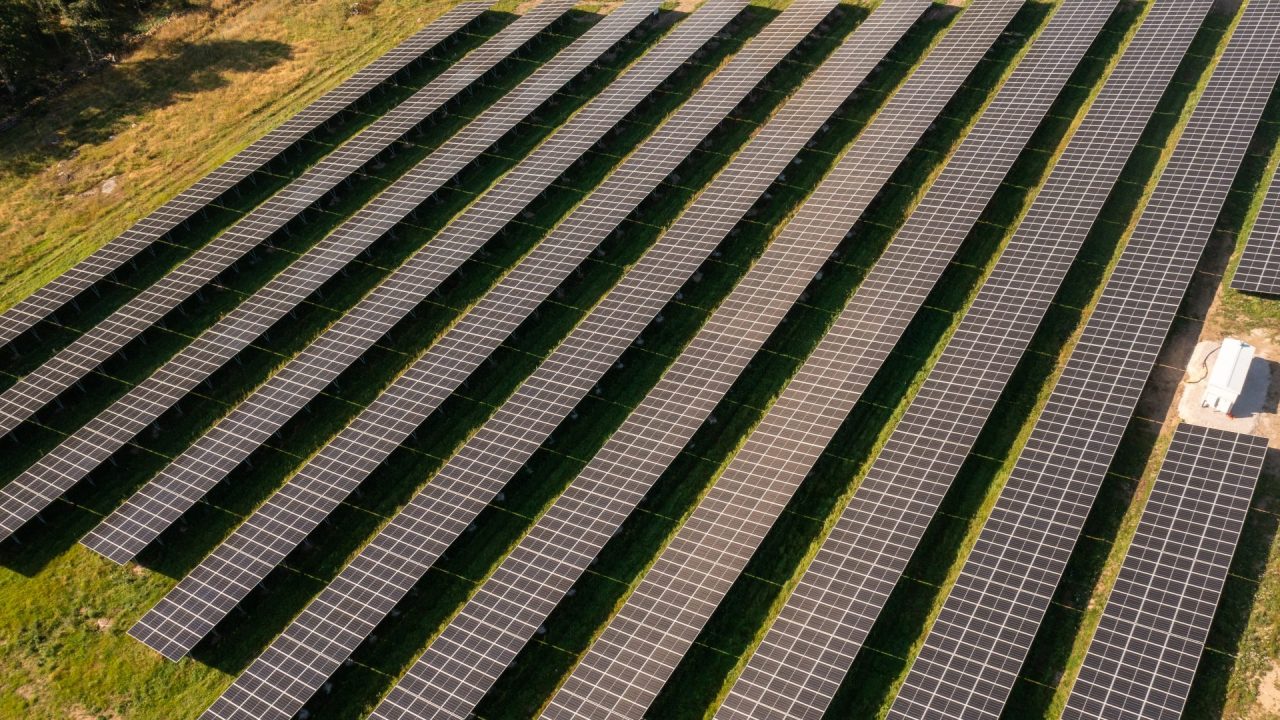Case study
Background
Thermal energy is used extensively in the textile supply chain. It heats water for dyeing and washing fabric, and generates steam for processes like rolling, drying and ironing. The challenge is that many factories still burn coal to produce the thermal energy.
To meet our climate targets we need to move away from using fossil fuels. Our preferred option is to electrify factory processes, however this is not always possible because of poor access to renewable electricity or an unreliable grid supply. In these cases, replacing coal-fired boilers with biomass versions or upgrading newer coal boilers to be multi-fuel are transitional solutions that help factories move away from fossil fuels and reduce greenhouse gas emissions.
The projects
Our Green Fashion Initiative has supported several of our supplier factories to replace or upgrade their coal-fired boilers. All use locally sourced agricultural waste as fuel and follow biomass sourcing recommendations developed by the industry.
Arvind Naroda, India
Arvind Naroda is a tier 2 supplier that weaves denim fabric. Our Green Fashion Initiative supported the mill to install a biomass boiler, build an onsite facility to produce biomass briquettes and implement energy efficiency measures. The briquettes are made mostly from cotton stalks from local cotton farms, providing the farmers with additional income and reducing the smog from annual field burnings. The briquettes can also be used by other Arvind facilities.
Hong Kong Rise Sun, Vietnam
This tier 2 factory makes jersey fabric for our brands and others. Through the Green Fashion Initiative, Hong Kong Rise has installed a new 20-tonne biomass boiler as well as updating its two existing coal-fired boilers to accept biomass. All three boilers are fuelled by locally sourced rice husks. The project also included a 4.5 MW rooftop solar PV installation, and a number of energy efficiency investments.
US Apparel, Pakistan
This tier 1 factory cuts and sews jeans for our brands and others. Its two ten-tonne coal boilers were replaced with a single ten-tonne biomass boiler thanks to support from the Green Fashion Initiative. The boiler is fuelled by local corn cobs and cotton stalks.
Yes Dying, India
This tier 2 factory dyes and finishes fabrics for women’s blouses. Through support from the Green Fashion Initiative, the factory replaced their existing coal boiler with a 7.5 tonne biomass boiler powered by different local agricultural waste depending on the season.
Outcomes
All four projects are now operational and the factories have stopped burning coal to produce steam. The emissions reductions vary across suppliers:
- Arvind Naroda in India came online in April 2024. Expected annual saving is 60,000 tonnes greenhouse gas emissions compared to coal.
- Hong Kong Rise Sun in Vietnam came online in December 2023. Expected annual saving is 30,000 tonnes greenhouse gas emissions compared to coal.
- US Apparel came online in April 2024. Expected annual saving is 14,000 tonnes greenhouse gas emissions compared to coal.
- Yes came online in October 2023. Expected annual saving is 13,000 tonnes greenhouse gas emissions compare to coal.
* The sustainability risks of biomass feedstock varies. We guide our suppliers on what biomass options are preferred, which ones require mitigation plans and which ones are not accepted.
About our Green Fashion Initiative
Lack of access to affordable capital is the main barrier factories face when they want to invest in decarbonisation projects. Our Green Fashion Initative (GFI) offers financial support to reduce the burden of investing in energy efficiency measures or new equipment.
Investments made through GFI will help us achieve our Science Based Targets to reduce greenhouse gas emissions by 56% by 2030 and by 90% by 2040, against a 2019 baseline.
